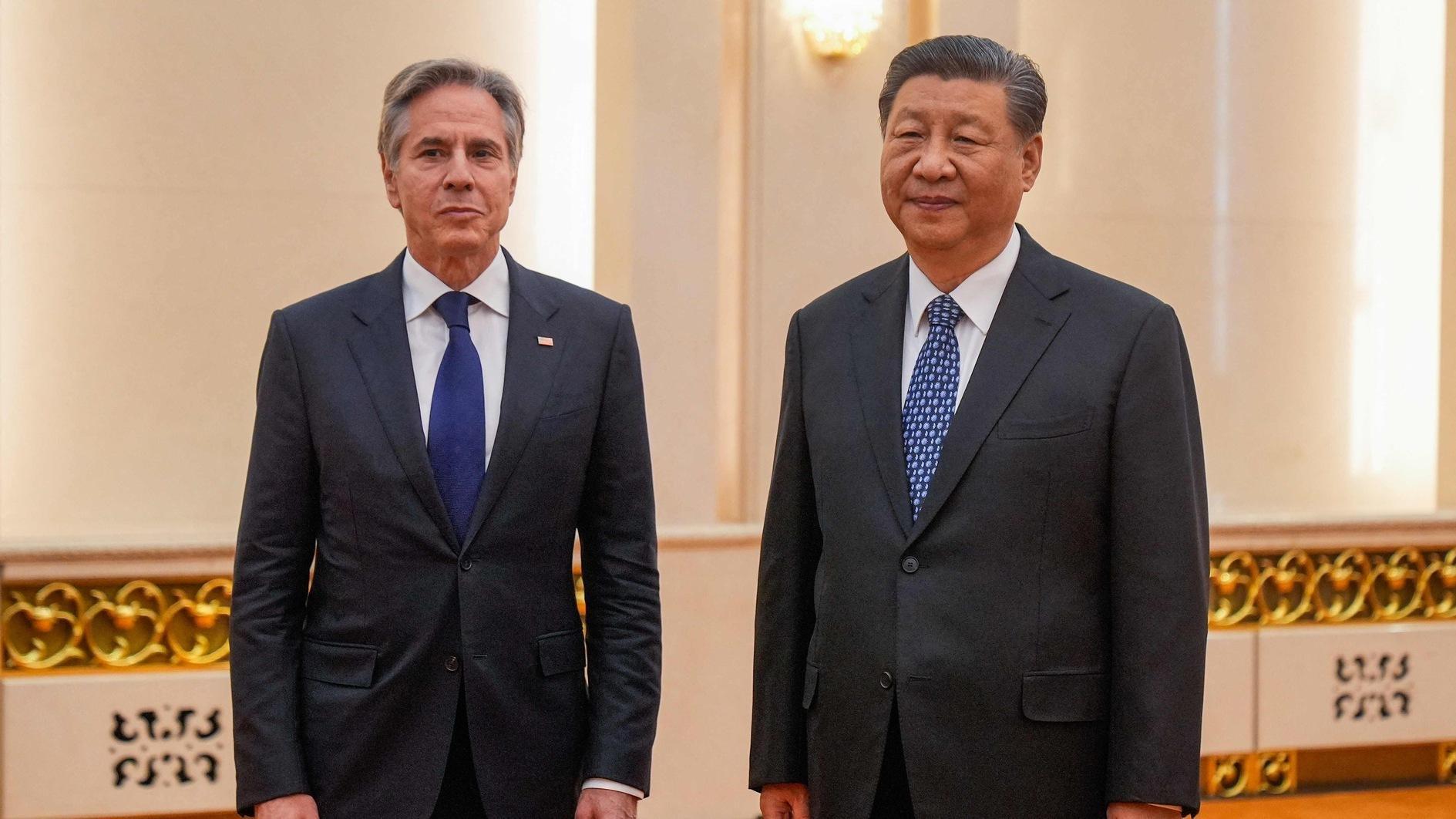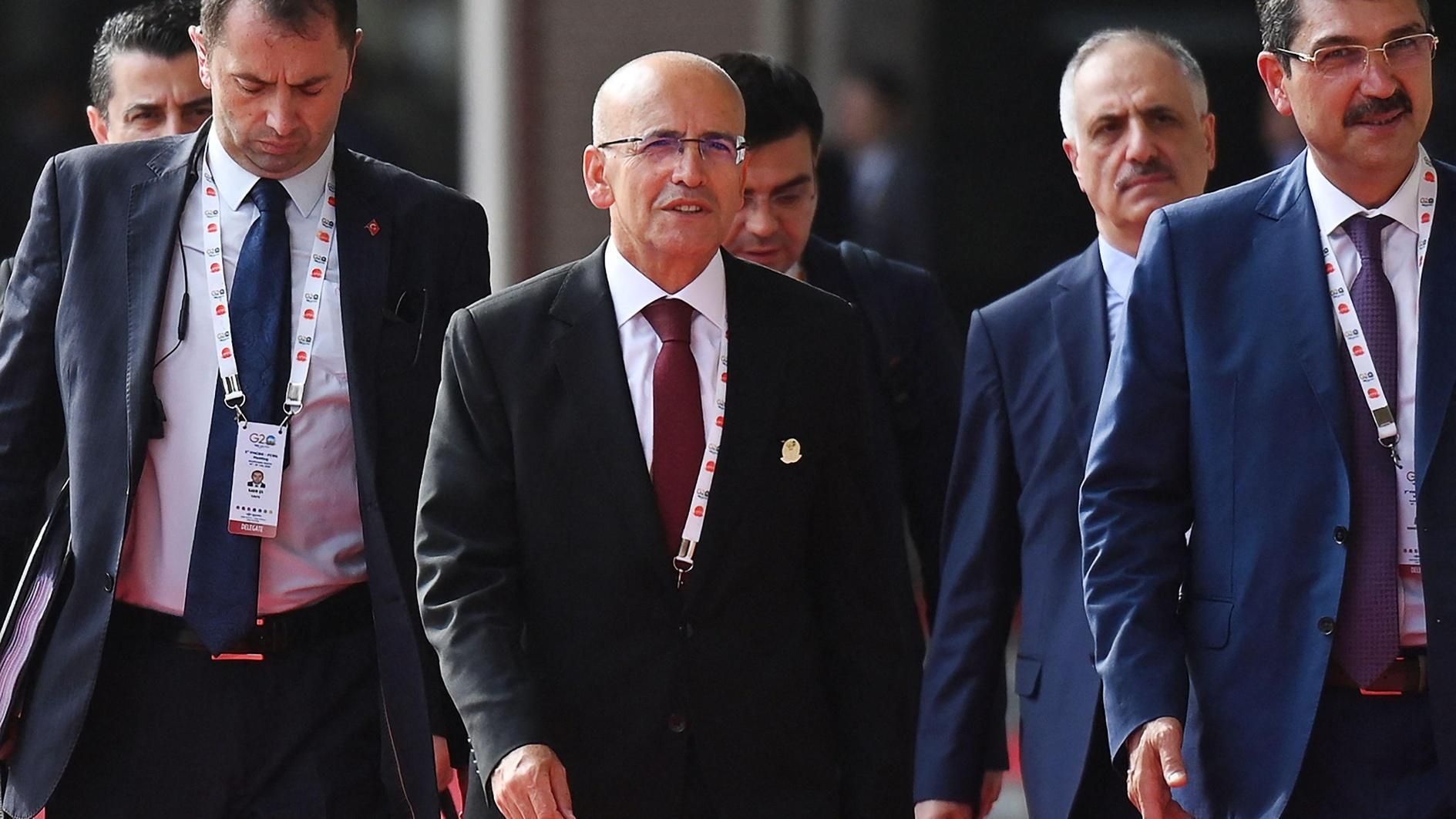Positive characteristics of the Turkish CCT: A critical juncture?
MİNE TAFOLAR – GÖKÇE BAYKAL
The Turkish Conditional Cash Transfer program (hereafter CCT) allocates money to poor mothers on the condition that they send their children to school and/or take them to health centers. While there are several venues that the program should be improved, in this piece we would like to continue to highlight some of the other positive characteristics of the Turkish CCT that distinguish it from other existing traditional social assistance schemes in Turkey.First, as the program’s name clearly indicates, beneficiaries receive cash payments rather than in-kind transfers. With a condition of regular attendance to the school, boys and girls who attend primary school receive 30 and 35 Turkish Liras, respectively. The amount of cash increases for those who attend middle school, 45 liras for boys and 55 liras for girls. The health section of the program makes 30 liras monthly payments to the families who visit health centers to have regular check-ups for their kids aged between 0-6 years.
Paying the poor to fight against the poverty is important because recipients have incentives as to how to spend that money, which is a critical step to empower the poor. The cash payments might give more autonomy and choice to beneficiaries about where, how and when to spend the money.
During our interviews with CCT beneficiaries, we observed that most of the money is spent for children’s needs such as school expenses and clothing, along with food. It was also confirmed by the impact evaluation of the CCT Project, conducted by the International Food Policy Research Institute (IFPRI) in collaboration with Turkish research company AGRIN in March 2006. They reported that buying clothes is the single item that cash recipients spend the money on followed by food and school supplies. It is also used for paying back debts primarily with wholesalers and grocers. There is also a significant amount of people who believe that this cash transfer is exclusively targeting children’s needs so that it should be spent more on school expenses, rather than for purchasing food.
The innovative design of the delivery method of the Turkish CCT is another positive aspect of the program. Recipients might take their money through using their bankcards, which is given by the local social solidarity office or they may go to the local post offices to get their monthly payment. This feature is designed to eliminate stigma attached to poor people receiving social assistance. Last but not least, the bank account or postal account is under the name of woman of the family. This is another positive feature of the CCT program. The cash transfer is given directly to the woman, which also carries a potential for women’s empowerment. Indeed, participation in the program has created opportunities for women to participate in the public sphere more – at least in Social Solidarity Foundations during the application process and paying regular visits to the bank or post office while withdrawing money. However, whether the program elevates the social status of women at home or makes any positive changes in spousal relations remains in question.
Furthermore, the fact that the Turkish CCT is conditional allows the public policy bureaucracy to assess its impacts on children’s enrollment rates and their participation in health clinics, and thus gather more systematic data on these indicators. For instance, according to the impact evaluation of the CCT carried out by IFPRI in 2006, the program has been especially influential in the improvement of girls’ school employment, thereby increasing girls’ primary school attendance by 1.3 percent and secondary school enrollment by 10.7 percent. There is also a positive discrimination for girls regarding payment. The amount paid for female students is higher than those paid for male students. Given the hurdles that girls face pursuing their education in Turkey, this is yet another positive design feature of the program.
Mine Tafolar is a PhD candidate in the Government Department at the University of Texas in Austin. Gökçe Baykal is a PhD candidate at the Political Science Department at Rutgers University.











